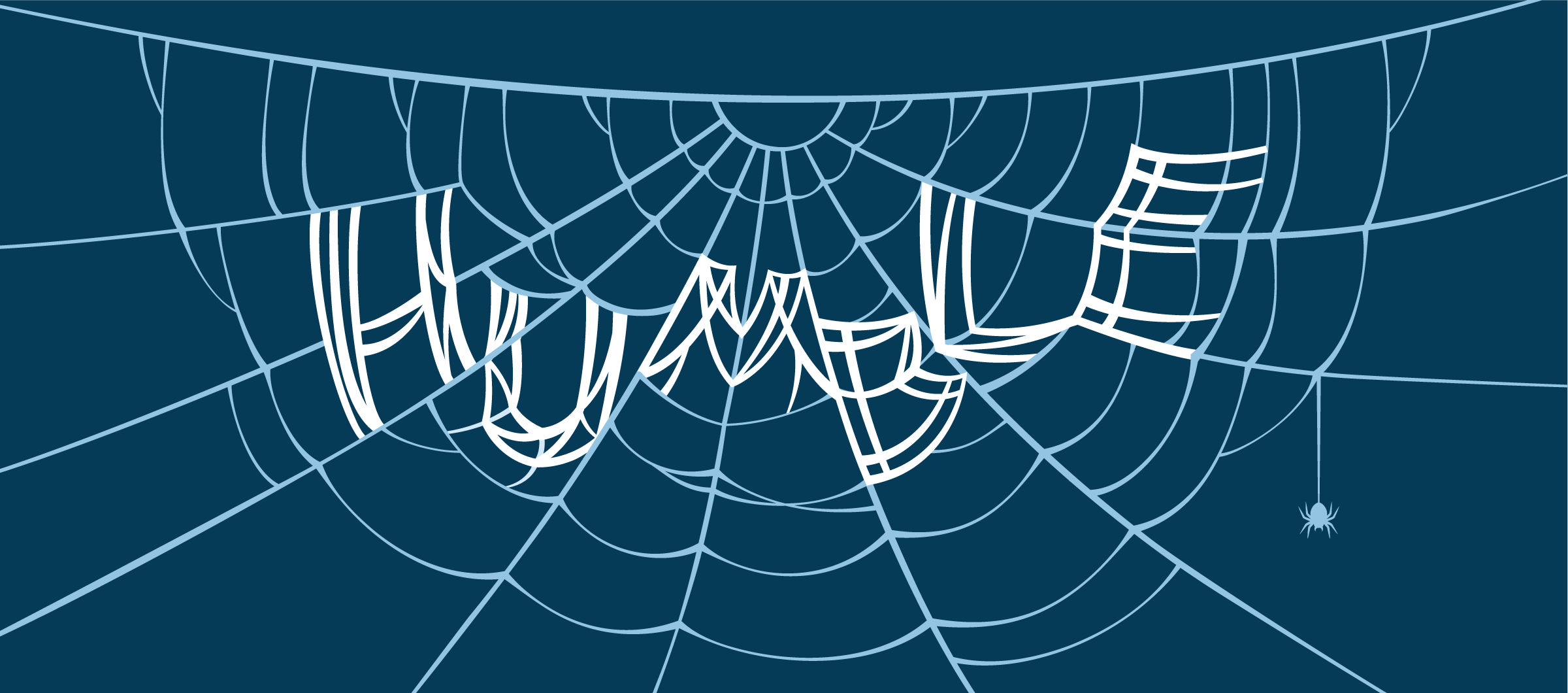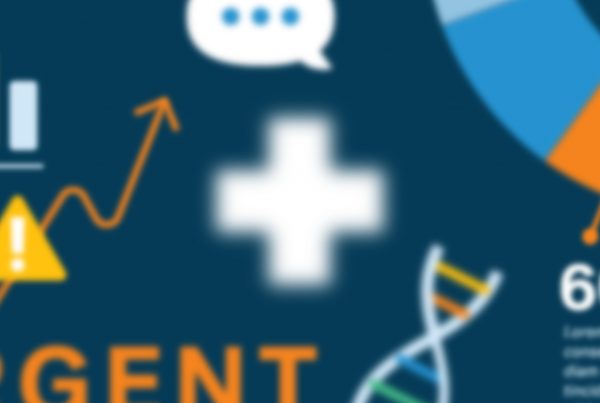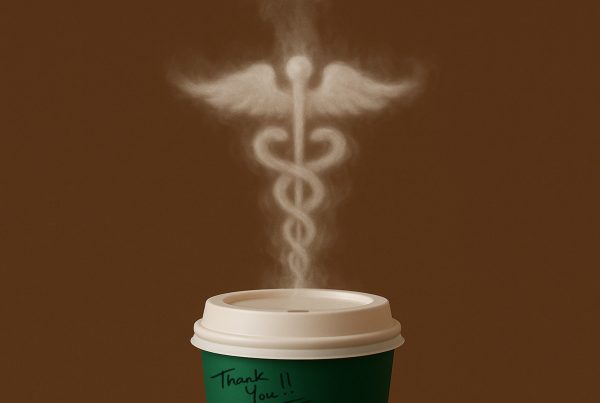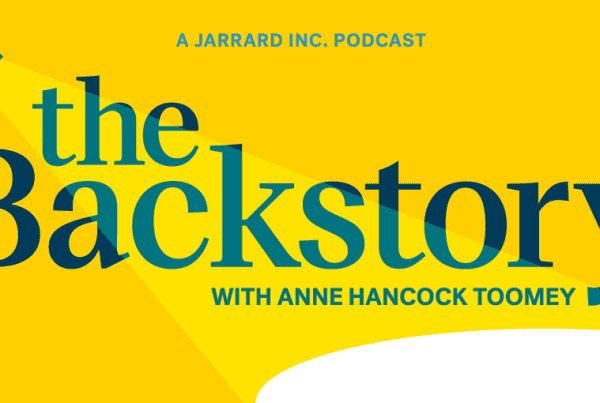The Big Story: The effect of seeing scientists as intellectually humble on trust in scientists and their research
“Seeing scientists as higher in intellectual humility was associated with greater perceived trustworthiness of scientists and support for science-based beliefs.”
Science Says
By David Shifrin
3-minute read
There’s a whole reservoir of lost trust out there just waiting to be tapped.
Who will score? The humble. That’s what the scientists are telling us – but quietly and with extreme humility, of course. (In, ironically, a jargon-filled academic report.)
A new study in Nature Human Behavior extolls the power of “intellectual humility” for scientists who want themselves and their work to be trusted. It maintains that we reject arrogant experts but trust humble teachers.
That’s a good lesson for any leader looking to scoop up some lost trust.
Why does this matter now? We’re all living in a season of noise and distrust. Moreover, healthcare organizations are serving in it. “The year ahead promises nothing beyond unpredictability and turmoil,” observes PRovoke in the caveat opening its 2025 Forecast.
Where’s the chaos coming from?
- Members of both major political parties don’t trust members of the other.
- National media and Congress are roommates down in the basement of every trust index.
- Tragic events ignite political outrage – even the coverage of the LA wildfires has set off politicized fights over firefighting.
- Physicians and nurses don’t trust their leaders and are willing to walk out because of it as last week’s news out of NYC H+H told us.
- Many consumers don’t trust healthcare. Or the health insurance industry. Or even good medicine.
Don’t worry though. Everything should settle once the inauguration is over this week.
So, how do we concurrently navigate chaos, build trust, deliver our best work – and not lose ourselves in the process? Is anyone doing a good job of it?
First things first. Despite the list above, we’re not living in a trust-less society. Even where institutions aren’t trusted– and oh boy is that the case – there are categories of people who still are. Within both healthcare and society at large, that’s nurses first and foremost. Physicians are up there, too. Our own research shows resounding and resiliently high levels of trust among Americans for these providers of human care.
So do Gallup’s trust survey findings. The numbers that show reporters and members of Congress are underwater on trust also show that nurses and grade-school teachers are swimming in it.
And what do the average nurse and teacher have in common?
A bit of humility. Kindness. Empathy. Care.
This is where we can begin to rebuild trust.
Because, though it’s hard to hear in all the noise, humility sounds like part of the antidote to the chaos we’re all experiencing. When things get loud, the tendency is to react, getting louder to be heard. It takes energy to hold back and create a sense of calm. Yet, that just may be exactly what’s needed right now. Against the noise, something softer should resonate more.
Science – and E.B. White’s pig – back this up. “Wilbur has many of the dimensions of humility in general: regard for others, not thinking too highly of himself — but highly enough,” said the author of a different study on humility back in 2014.
Then, amid the academic jargon of the new NHB paper, is the core finding that humility earns trust. The study itself found that if a scientist was perceived or described as “intellectually humble” there was a good chance they’d also be trusted and their work believed. And that trust translated to a higher likelihood of following their advice.
The authors also cite a study directly applicable to healthcare – one showing that patients were more likely to trust a hypothetical physician who had been described by previous patients as humble.
Per NHB, humility is, “being willing to admit gaps in their knowledge, listening to the input of others, and revising their beliefs in the face of new evidence.”
Again to Charlotte’s web, but this time Charlotte herself. There are “intellectual dimensions of humility,” such as “curiosity, love of learning, willingness to learn from others.” Seems like those all apply to any spider who’s taken the time to become literate.
It’s also knowing when to step back and leave space for those who are trusted. Nurses don’t necessarily hold the most power in the healthcare continuum, but they are the most trusted. Shocking, isn’t it? Something about the meek inheriting the Earth, if memory serves.
But of course “meek” doesn’t mean fearful or timid. Look again at nurses: They’re Exhibit A that humility and confidence aren’t mutually exclusive. On the contrary. It’s that quiet confidence that breeds trust. It’s knowing that cranking up the volume isn’t necessary because saying it louder doesn’t make it more true or more believable.
Two messages for healthcare:
- Science needs to be trusted. It’s imperfect. It evolves. It makes mistakes. But trust in the overall process of scientific inquiry is vital to the practice of medicine and establishing a standard of truth – and a standard of care. It needs to be explained with care, in ways people can understand.
- We need more trust. Everywhere. For healthcare, that means building trust with those who are trusted and then sending them out to deliver care and important ideas.
Again, ironically, it can take a complex scientific study to remind us of the humanity to be found in the basics. Listening, eye contact, caring conversation, a willingness to hear the other side. Good thing we have science to tell us how to be human, eh?
Contributors: David Jarrard, Emme Nelson Baxter, Tim Stewart
Image Credit: Shannon Threadgill




